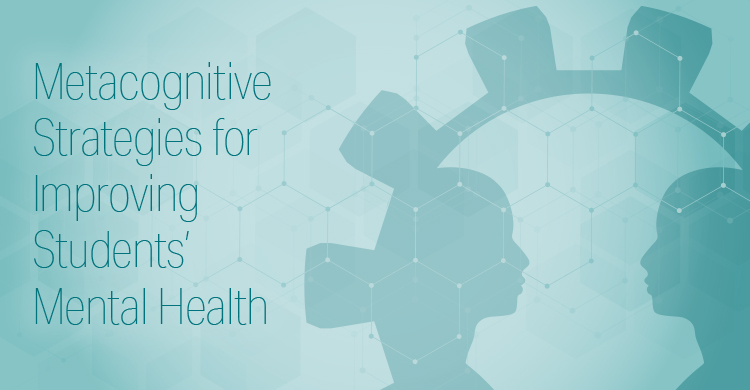Metacognitive Strategies for Improving Students’ Mental Health
Now more than ever, students need skills, strategies, and mental processes to more effectively cope
Read More

Now more than ever, students need skills, strategies, and mental processes to more effectively cope
Read More